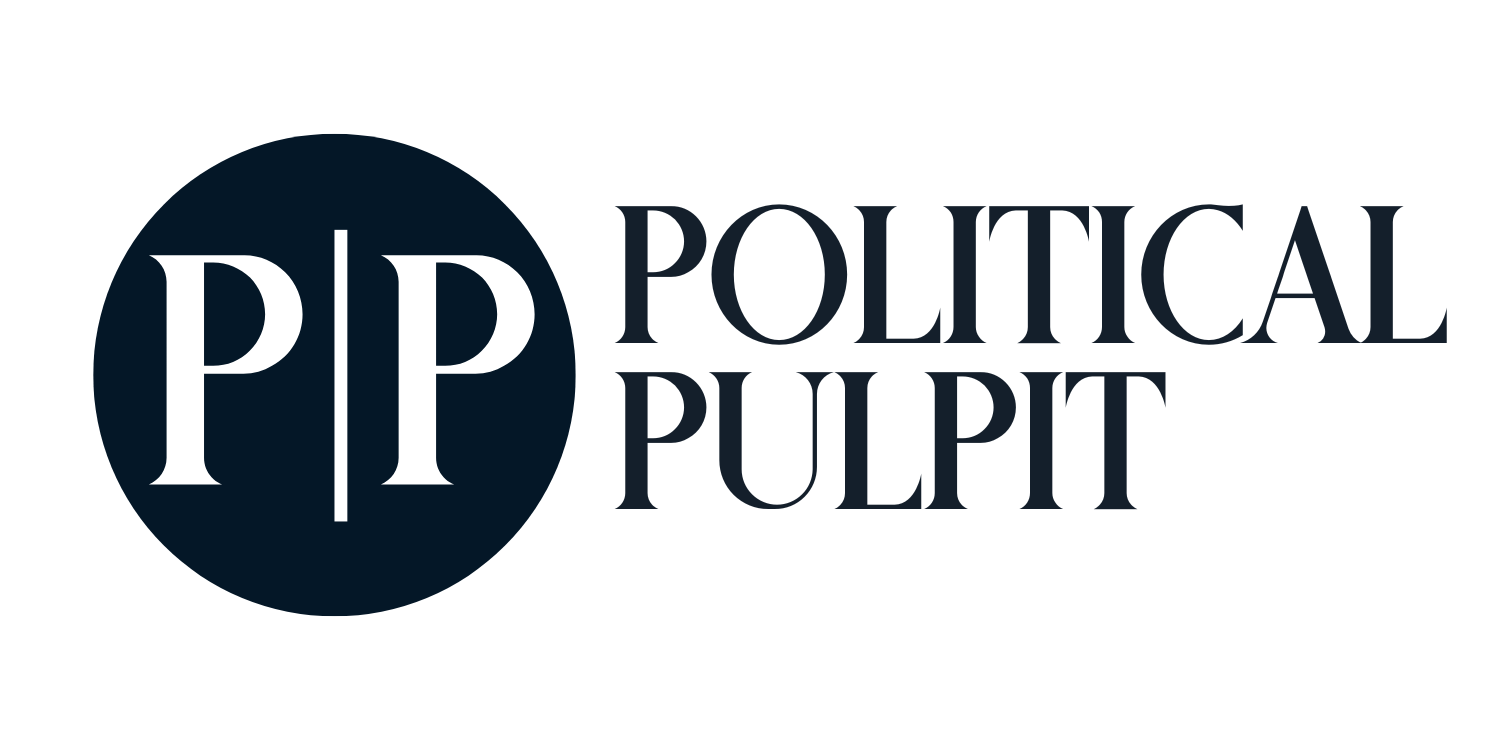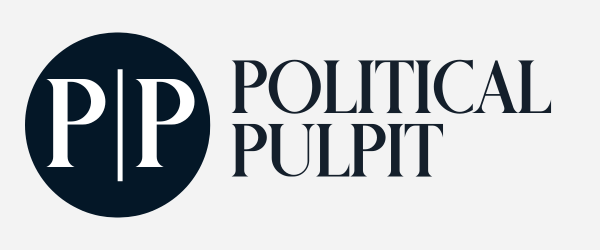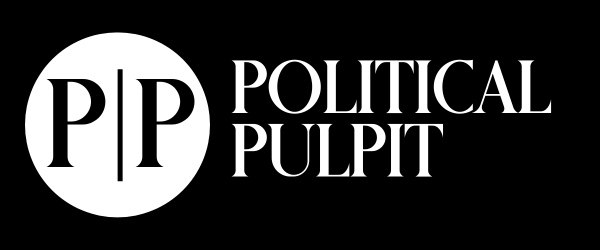
Escalating Middle East Tensions: Iran Holds U.S. Responsible for Assassinations
Recent events have triggered a significant escalation in the already volatile Middle East, with Iran directly holding the United States accountable for the recent assassinations of key leaders from Hamas and Hezbollah. These developments are raising fears of a broader regional conflict that could spiral into a global crisis.
Iran’s Accusations and U.S. Denial
In the aftermath of the assassinations, Iran’s foreign minister explicitly blamed the United States, stating that the U.S. must bear responsibility for the deaths of Hamas leader Ismael Haniyeh and others. Iran’s Supreme Leader, Ayatollah Ali Khamenei, described the assassinations as a “flagrant violation of international law” and vowed harsh retaliation. The U.S., however, has denied any involvement. Secretary of State Anthony Blinken emphasized that the U.S. was not aware of nor involved in these operations.
Global Perception of U.S. Control
International headlines are painting a picture of a United States that has lost control over the Middle East situation. The Times of India highlighted that the U.S. and the European Union are “pleading” with Iran not to retaliate against Israel, reflecting a perceived desperation and lack of control. The New York Times echoed these sentiments, noting fears of a power vacuum that could lead to a wider geopolitical crisis.
Potential for Wider Conflict
Iran’s response to the assassinations has been swift and severe, with orders for direct attacks on Israel already issued. This move has heightened fears of an all-out war, potentially drawing in other regional actors such as Turkey, Yemen, and Lebanon, who have expressed readiness to join the conflict. The situation is further complicated by the involvement of Hezbollah, now reportedly equipped with electromagnetic pulse (EMP) weapons, adding a new dimension of threat to the conflict.
U.S. Political Reactions
Within the United States, reactions have been mixed. Senator Lindsey Graham has called for military action against Iran, suggesting that the U.S. should not tolerate threats from Hezbollah. He emphasized the need to hold Iran accountable, reflecting a more aggressive stance towards the Iranian regime. On the other hand, diplomatic efforts continue, with U.S. and European Union officials holding emergency meetings to de-escalate the situation and avoid a full-blown regional war.
Implications for U.S. Leadership
These developments are unfolding against the backdrop of the U.S. presidential election season, adding a layer of political complexity. Former President Donald Trump, now a Republican nominee, has signaled strong support for Israel, suggesting that under his leadership, the situation would be handled differently. This contrasts with the current administration’s diplomatic approach, which has been criticized both domestically and internationally.
Call to Action
As the situation continues to evolve, it is crucial to stay informed. For more in-depth analysis and updates on this developing story, visit Political Pulpit and subscribe for breaking news and expert commentary.


